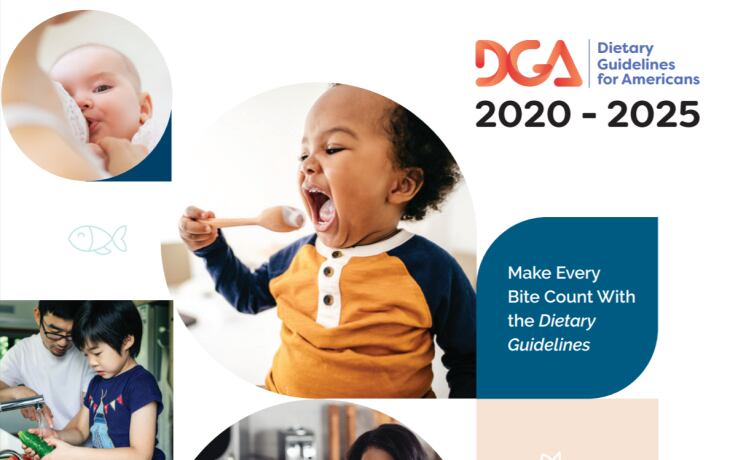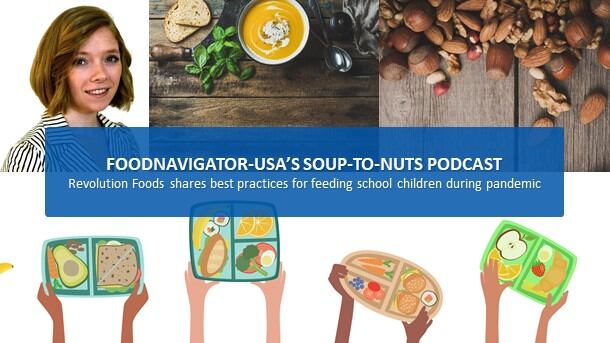US Department of Agriculture Sec. Tom Vilsack told school nutrition professionals gathered virtually at the School Nutrition Association’s Legislative Action Conference March 9 that the department would extend through Sept. 30, 2021, key COVID-19 Summer Food Service Program and Seamless Summer Option waivers that allow schools to serve free meals to students outside of required group settings and meal times and allow guardians to pick up meals for their children, including in bulk to cover multiple days to reduce exposure to the coronavirus through less frequent interactions.
“Over the course of the next several weeks, we are going to look at whether or not there can be a further extension across the school year for 2021-22. We hope to make some decision on that sometimes in the month of April,” Vilsack added.
“Hopefully, this gives you all at least some understanding and appreciation for the additional extension. It gives you a bit more certainty through the summer as you deal with your summer feeding programs. Hopefully it provides you with an opportunity to get your situation structured properly,” he said.
The announcement was widely supported by SNA and those attending the virtual conference. It also came a day before many conference attendees were set to meet virtually with their law makers to ask for legislation allowing for universal free meals to be offered to all students long-term.
While the idea of universal free meals has been pushed forward, and put down, for years, Jessica Gould, a registered dietitian in the Southwest Region of the US, said if there ever was a time for the program to take hold it is now.
She told attendees at SNA’s LAC conference that the COVID-19 pandemic has been a de facto pilot program for universal free meals and the anecdotal results have been positive, with teachers reporting children are more alert and performing better academically because they are well-fed.
Is there such a thing as a free lunch?
While she prepared attendees to ask legislators for support of a universal free school meal program, she acknowledged that many logistical questions remain unanswered, including what the reimbursement rate would be, what the meal pattern would be and what would happen to the free and reduced meal application process and data.
She explained that many of these questions would need to be addressed through conversations with legislators and other stakeholders, but ideally the reimbursement rate would be more in line with the amount paid for summer meal programs, which is higher, than school year programs.
The higher reimbursement rate would help offset the tremendous losses incurred by many school nutrition programs during the pandemic as they have taken on additional costs to ensure the safe delivery of meals outside of the lunchroom, Frederick Gilbert, a SNS member at large, noted at the conference.
He explained that higher pandemic costs to cover personal protective equipment, transportation, sanitizing costs and new equipment along with school closures that cut off additional school nutrition program revenue from al la cart programs as well as lower participation and reimbursement have crippled school meal program budgets.
According to an SNA survey, 62% of school nutrition directors anticipate a financial loss in school year 2020/21 and 28% are unsure what to expect, he said.
He also noted that emergency funds in the December 2020 stimulus bill are insufficient to ensure the sustainability of meal programs moving forward, and as such urged conference attendees to ask their legislators for emergency financial relief for school food authorities.
SNA also urged members to ask legislators for relief with regulatory and administrative burdens, including what it perceives as excessive annual administrative reviews and overly complex federal regulations, such as those that require waivers to feed children in non-traditional ways.




